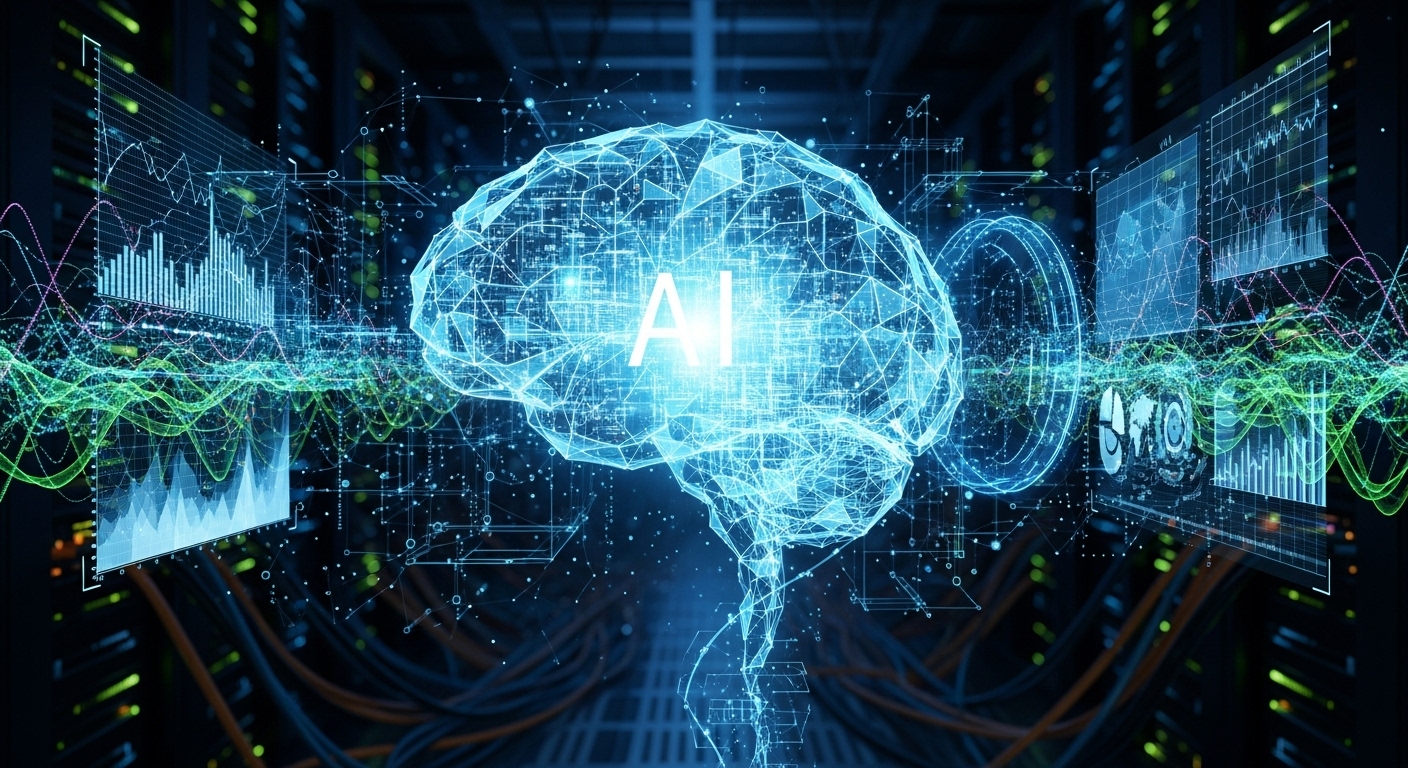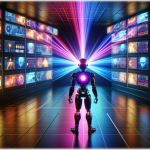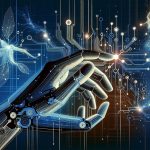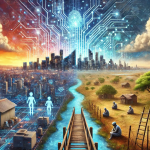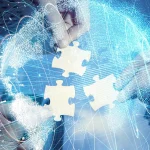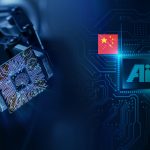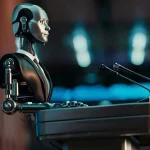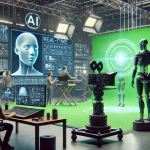Introduction
In the twenty-first century, global power is no longer determined solely by military or economic strength. Instead, it now flows through the invisible channels of data, artificial intelligence, and influence. Technology has become a new battlefield where political agendas, celebrity advocacy, and international strategies intertwine in unprecedented ways.
From world leaders harnessing AI for governance to celebrities shaping global awareness campaigns, this digital frontier is rewriting the rules of control and communication. Power is being redefined not just by who governs nations but by who commands attention and algorithms.
The Rise of AI in Political Decision-Making
Artificial intelligence has entered the heart of global politics, transforming how governments operate and make decisions. AI tools analyze vast datasets to predict economic trends, manage resources, and even monitor voter sentiment, creating a more data-driven approach to policy-making.
However, this rise also introduces risks. AI systems can be manipulated, leading to biased outcomes or surveillance overreach. As nations integrate machine learning into governance, they must balance innovation with ethics and accountability to maintain public trust.
Celebrity Influence in the Digital Era
In today’s hyperconnected world, celebrities wield as much power as politicians. Through social media, they amplify causes ranging from climate justice to human rights, influencing millions within minutes. Their voices carry global resonance, turning personal brands into engines of activism.
Yet, the same digital tools that empower them can also expose them. Public scrutiny, misinformation, and cancel culture have made celebrity advocacy a double-edged sword. Authentic engagement has become the key differentiator between fleeting fame and meaningful influence.
Technology as a Tool for Global Diplomacy
Beyond politics and entertainment, technology itself has become a silent diplomat. Nations engage in digital collaborations, using AI and cybersecurity partnerships to build alliances and strengthen their geopolitical positions.
Global summits now focus as much on data security and AI ethics as on trade or defense. The digital sphere has effectively become an arena where innovation equals influence, and technological superiority translates into soft power.
Social Media: The New Political Arena
Social media platforms like X, Instagram, and TikTok have turned into battlegrounds for political narratives and global discourse. Governments use them for official communication, while activists and citizens use them to challenge authority and demand transparency.
However, misinformation campaigns and algorithmic manipulation threaten the credibility of online dialogue. The challenge ahead lies in finding a balance between open communication and responsible moderation in this borderless exchange of ideas.
Celebrities as Agents of Global Awareness
From film stars promoting environmental sustainability to musicians raising awareness about conflict zones, celebrity activism now shapes international conversations. Their influence often extends beyond entertainment, becoming a form of modern diplomacy.
Collaborations between celebrities and global organizations such as the UN or WHO highlight how fame can serve as a tool for advocacy. These alliances make global issues relatable, bridging the gap between politics, public awareness, and humanitarian effort.
AI and the Future of Global Power Balance
Artificial intelligence is not only reshaping industries but also shifting the balance of power among nations. Countries investing heavily in AI research and data infrastructure are positioning themselves as future global leaders.
However, this race for technological dominance raises ethical and strategic dilemmas. The lack of global AI regulation could lead to digital inequality, where only a few nations dictate the future of innovation and governance.
FAQs
How is AI influencing global politics?
AI assists governments in decision-making, resource management, and public engagement, but it also raises concerns about privacy and bias.
Why are celebrities becoming political voices?
Celebrities use their platforms to raise awareness, shape public opinion, and push global causes into mainstream discussions.
What role does technology play in diplomacy?
Technology enables digital partnerships, global communication, and innovation sharing, strengthening international relationships.
Is social media affecting democracy?
Yes, social media amplifies public participation but also enables misinformation, influencing elections and political stability.
Can AI redefine global power structures?
AI could shift global dominance toward nations leading in research and innovation, creating new hierarchies of influence.
Conclusion
The modern world stands at a crossroads where technology, politics, and celebrity culture converge to shape humanity’s collective future. The interplay between data-driven governance, online influence, and cultural activism defines a new order of global power—one that transcends physical borders.
As artificial intelligence continues to evolve and digital voices grow louder, the balance of influence will increasingly depend on who controls technology and how responsibly it is used. In this era of interconnected power, transparency, ethics, and collaboration will determine whether technology becomes a tool for unity or division.

